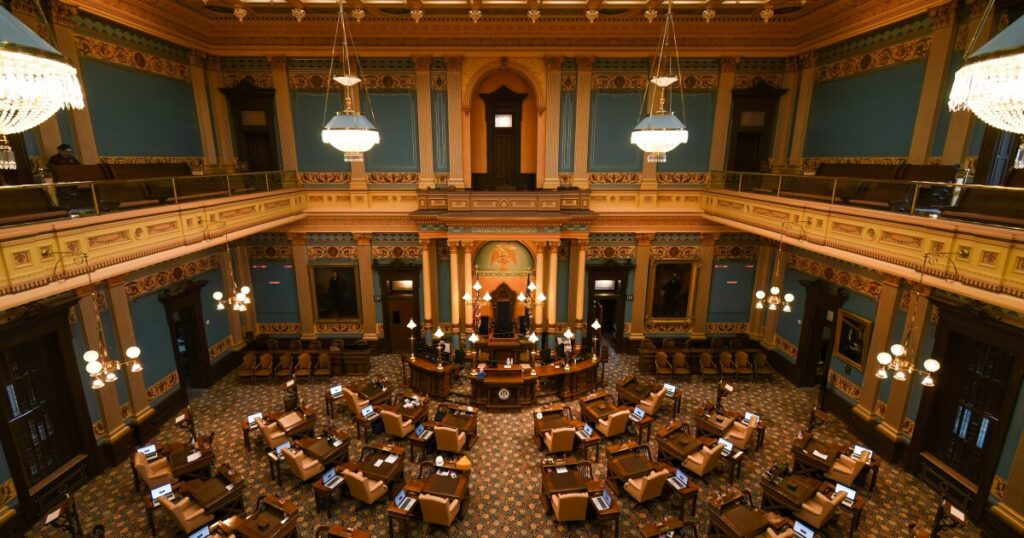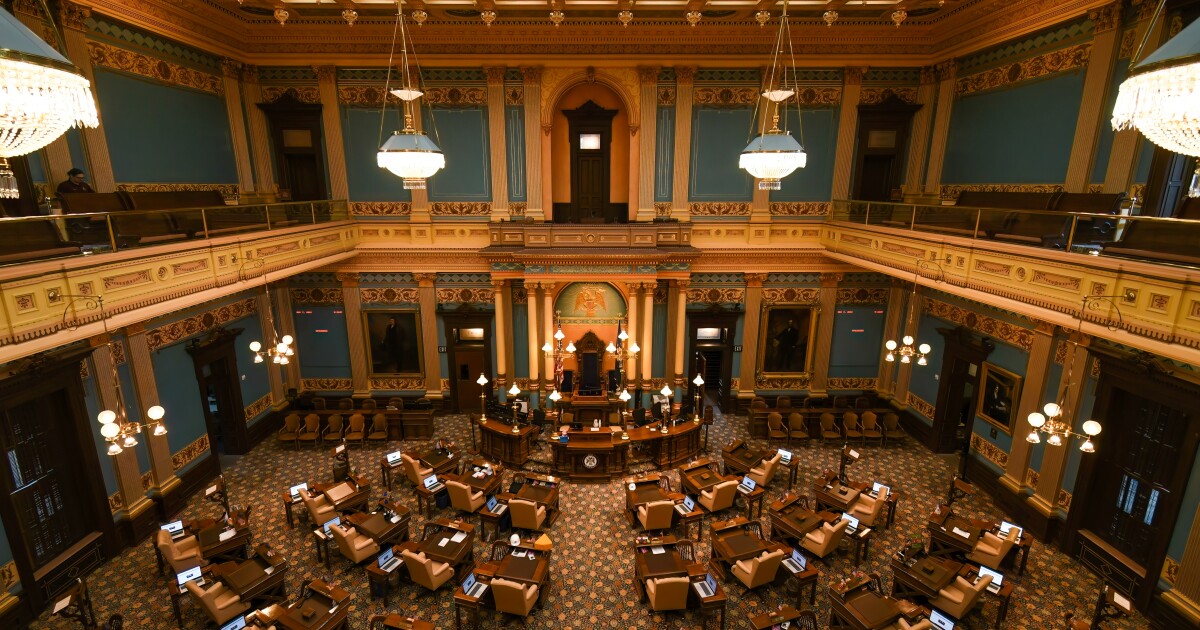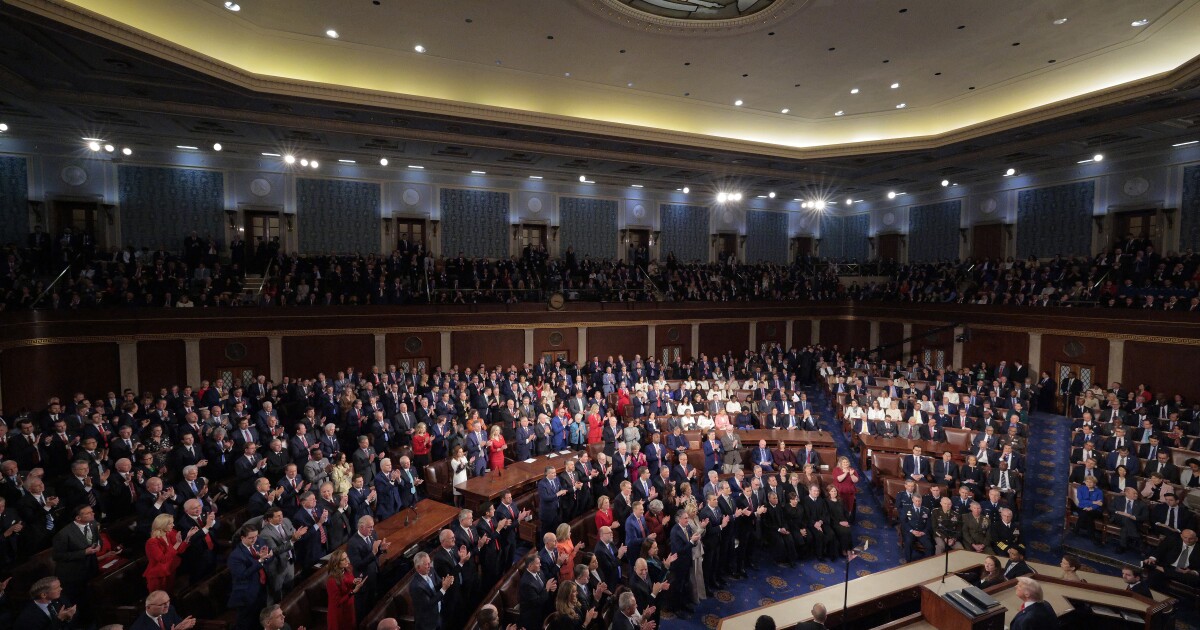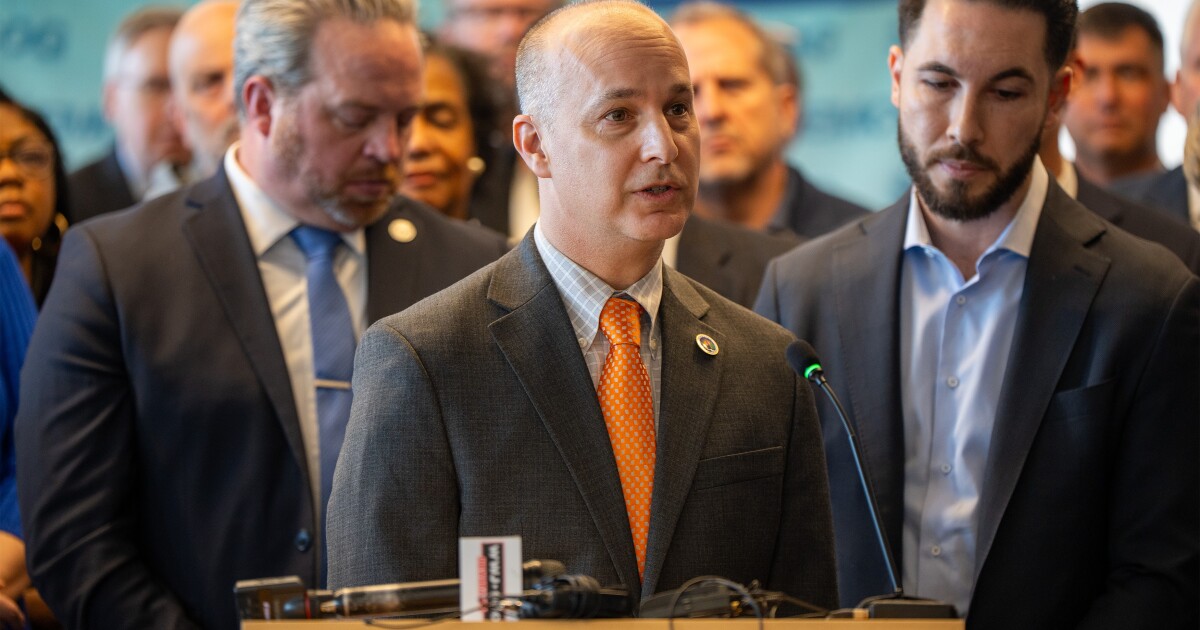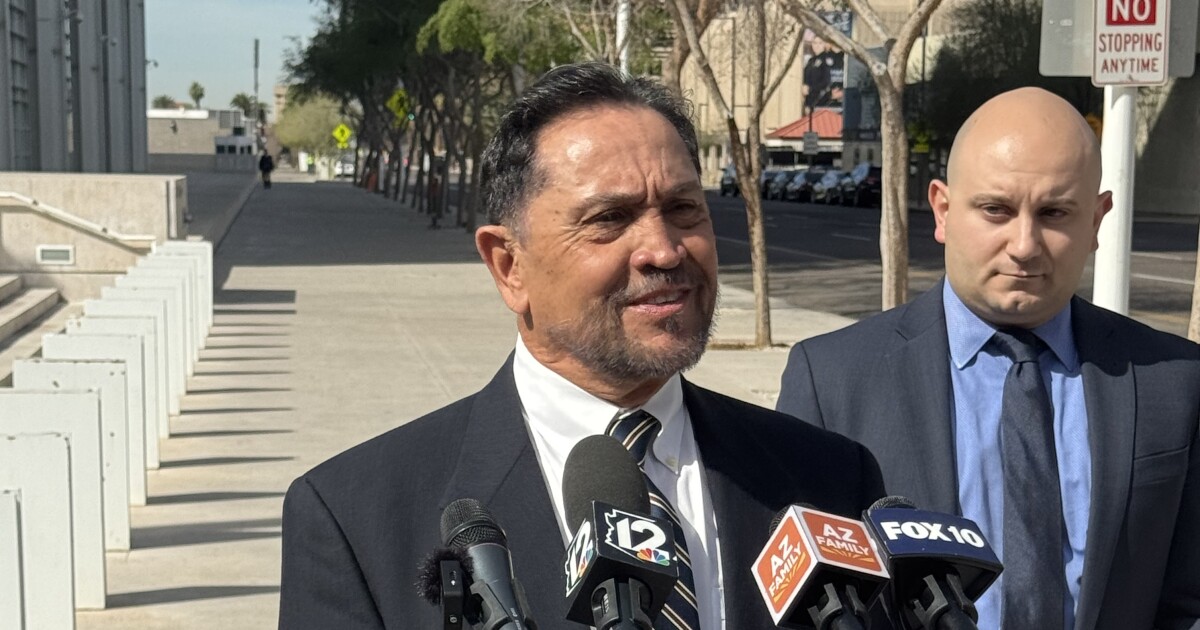Michigan Considers New Limits on Marijuana Dispensaries and Hemp Regulation
As Michigan navigates its evolving cannabis landscape, lawmakers are weighing new legislation aimed at controlling the proliferation of marijuana dispensaries and enhancing regulation of hemp products. A recent proposal discussed by the state Senate Regulatory Affairs Committee suggests capping retail marijuana licenses to one per 10,000 residents in any given municipality.
In addition to this, the proposed legislation seeks to halt the issuance of new licenses for large-scale cannabis cultivation operations. Senator Sam Singh (D-East Lansing), a co-sponsor of the package, highlighted the parallel between this proposal and existing liquor license regulations in the state. “There is a population number for the amount of restaurant alcohol that you have in a community and, based on the size and so forth, there’s an X amount of liquor licenses,” Singh stated during his testimony.
The proposal has garnered backing from state regulators and industry stakeholders who view it as a potential remedy for the market saturation caused by excessive licensing. The development comes in the wake of a recently enacted 24% wholesale tax on marijuana sales, which some industry players perceive as a financial burden.
Robin Schneider, who leads the Michigan Cannabis Industry Association, expressed concerns about the impact of over-licensing on market prices. “That is a way to drive the price down in a way that is unhealthy for our industry, all the way down to the growers. It just devalues their product even more. It’s not going to fix it overnight. We’re looking for light at the end of the tunnel,” she commented.
Revamping Hemp Product Regulations
In a related move, Michigan’s Senate is also considering changes to how hemp products are regulated. The proposed package would place hemp under the jurisdiction of the Cannabis Regulatory Agency, potentially paving the way for more hemp-derived consumables, including CBD products, to enter the market. Derek Sova from the CRA noted that the bills would permit the sale of “nonintoxicating” hemp products, ensuring they meet safety standards. “So, if you wanted to put CBD into a product for whatever reason. You could do that, and you could sell it and we have a system set up in this bill that would regulate it and make sure those products are safe,” Sova explained.
The initiative aims to curtail the distribution of largely unregulated hemp products found in gas stations and smoke shops. Senator Dayna Polehanki (D-Livonia), a sponsor of the package, emphasized the importance of consumer safety. “By passing these bills, we can ensure that hemp products intended for consumption are subject to the necessary safety, testing, and labeling standards that our constituents expect and deserve,” she stated.
Nevertheless, the committee heard diverse perspectives from industry representatives on how best to adjust the legislation. Christopher Lackner, founder of the Hemp Beverage Alliance, advocated for regulation by the Michigan Liquor Control Commission, arguing it would streamline tax revenue generation. Contrarily, Joe Maricelli from InfiniteCal, a cannabis and hemp testing lab, insisted that hemp beverages require the same regulatory scrutiny as cannabis drinks to maintain consumer safety and business fairness.
As lawmakers continue to deliberate, concerns over the classification of non-intoxicating hemp products and the standards applied to them remain central to discussions. The outcome of these legislative efforts will shape the future of Michigan’s cannabis and hemp industries.
—
Read More Michigan News

